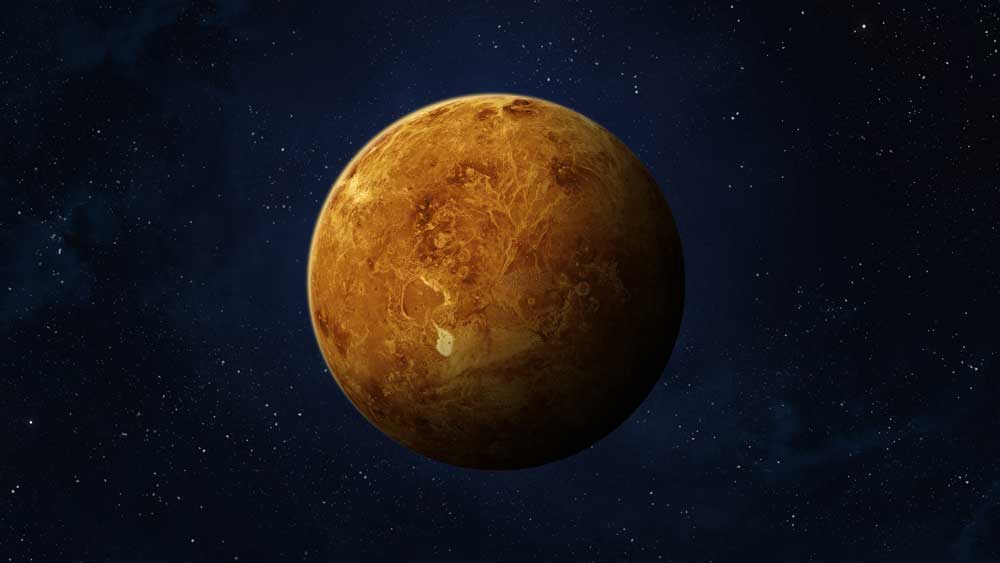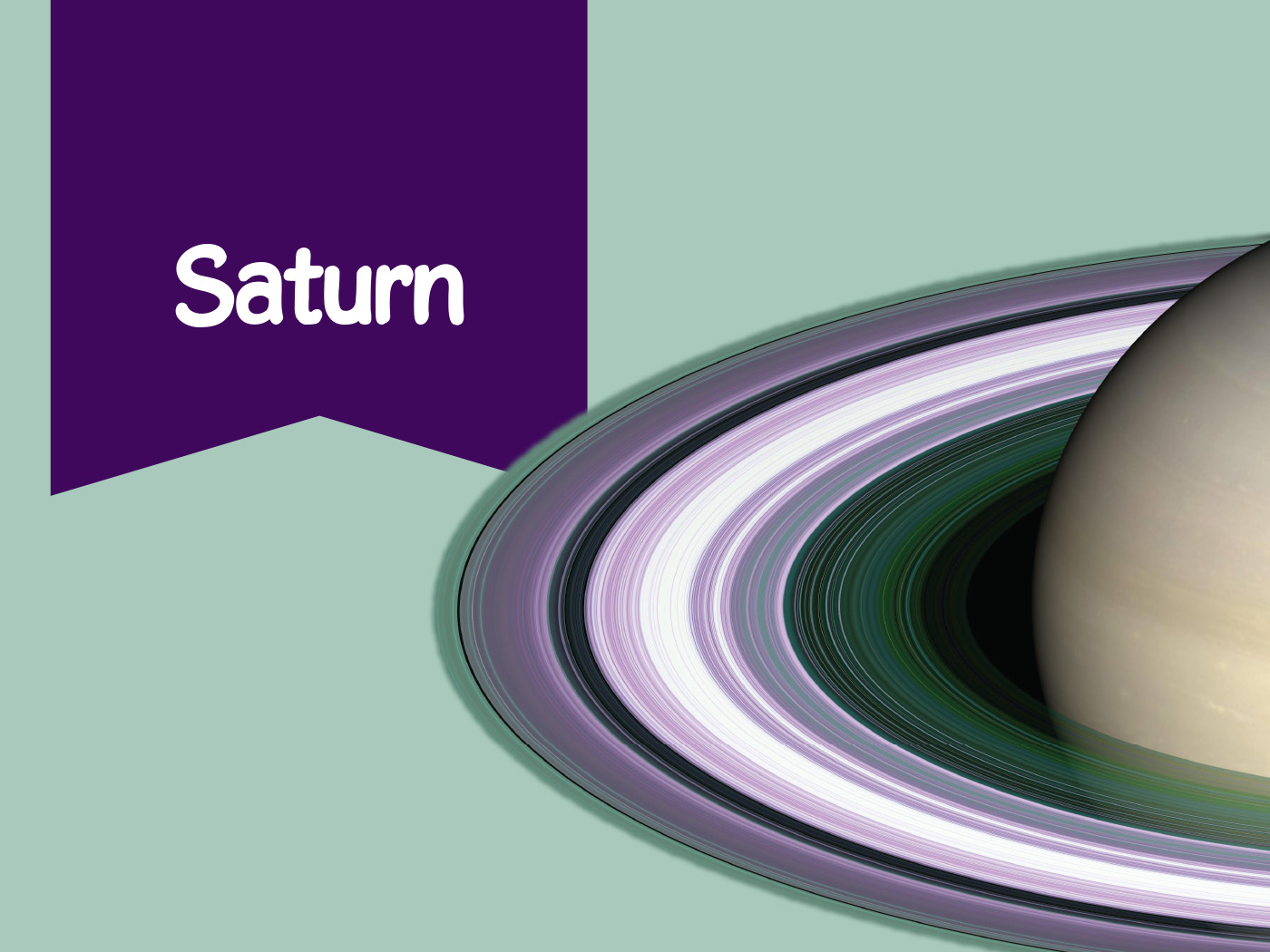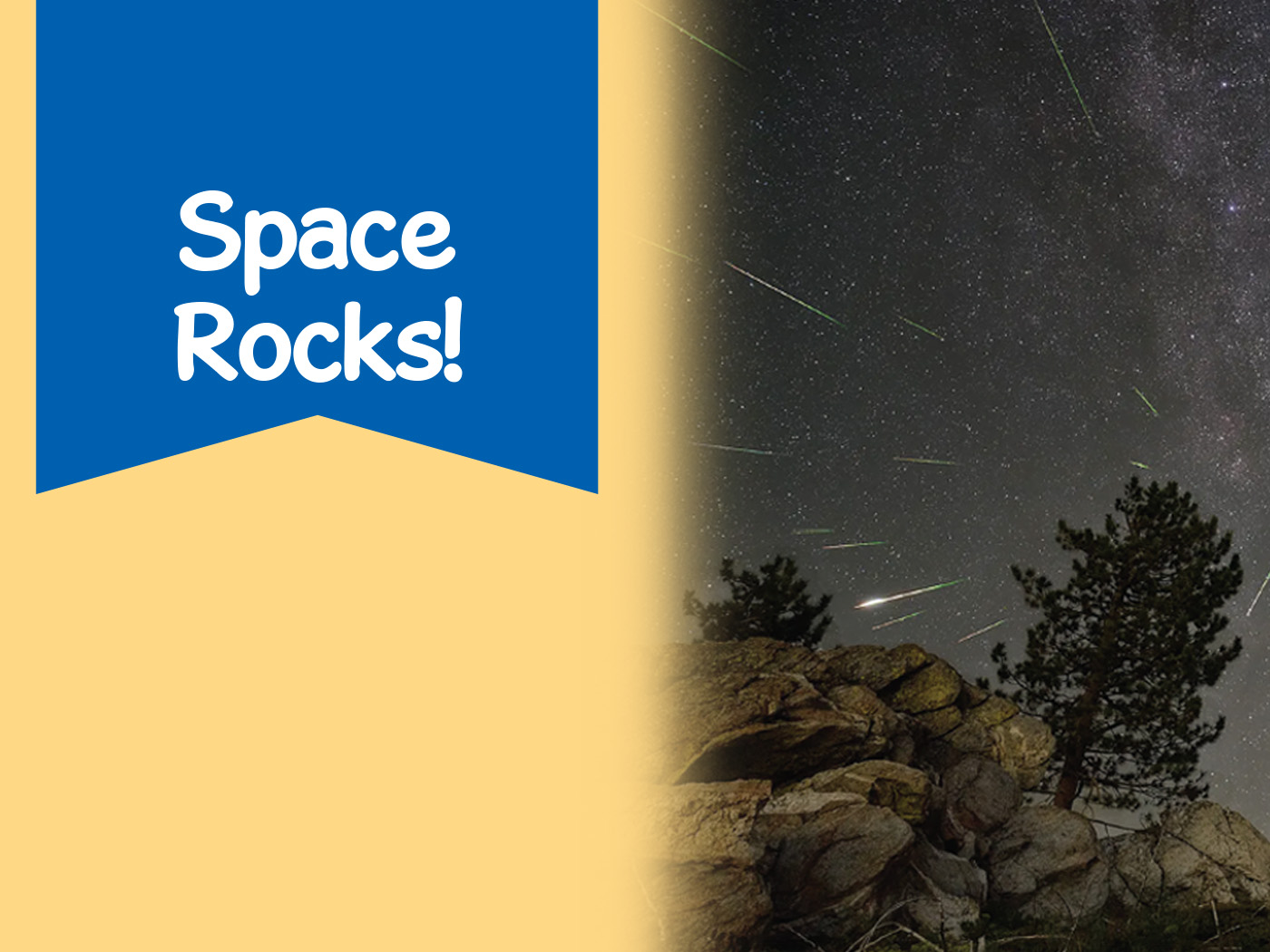Secular scientists are obsessed with attempting to show that life on Earth is not unique and therefore must exist, if not elsewhere in our solar system then somewhere in our Milky Way Galaxy. It is this worldview that resulted in the fruitless, decades-old project called the Search for Extraterrestrial Intelligence (SETI). It began with much anticipation and fanfare, but today has yet to reveal life or intelligent signals beyond Earth.
Venus—second planet from the Sun—has been called Earth’s “evil twin” because it lies within Earth’s orbit and is comparable in size. But the surface of this sister planet is an unimaginable inferno measuring 450 degrees Celsius (842 degrees Fahrenheit). Much of Venus’ inhospitable surface has been mapped thanks to radar observations from the spacecraft Magellan, Venera and Pioneer Venus.
The planet is shrouded in a thick, choking atmosphere filled with reflective hyperacidic clouds comprised of sulfuric acid. The upper atmosphere is actually colder than Earth’s. It was in this inhospitable environment that “the apparent presence of phosphine (PH3) gas” was found by a research team reporting in Nature Astronomy.1 On Earth, this very foul, toxic gas is produced biologically but is rapidly broken down by the chemical process of oxidation. On Venus, it is found in concentrations about a thousand times more than that on Earth. This was a shock to scientists. What is the origin of this gas? Research continues by various investigators to explain phosphine’s origin by non-biological means.
Is there life on Venus? Jane Greaves and the team publishing in Nature Astronomy “do not claim to have found evidence for life, only for ‘anomalous and unexplained chemistry.’”2 In addition, The New York Times, reporting on the work of the same team, stated that, “Some researchers question this hypothesis [of life on Venus], and they suggest instead that the gas could result from unexplained atmospheric or geologic processes on a planet that remains mysterious."3 The Times went on to say that Greaves et al. “have not collected specimens of Venusian microbes, nor have they snapped any pictures of them,”3 but they report the phosphine gas could come from unknown geochemistry or photochemistry (the branch of chemistry involved with the chemical effects of light).1 Geoscientist Matthew Pasek from the University of South Florida confirmed that, “There’s not a lot of understanding of where it’s [phosphine’s] coming from, how it forms, things like that . . . . We’ve seen it associated with where microbes are at, but we have not seen a microbe do it, which is a subtle difference, but an important one.”3
It’s clear that more detailed investigations are needed to verify life on—or above—Venus. This will require Herculean undertakings, as any actual upcoming missions to Venus are ideas, with no firm plans in place.3 Life on Venus? One should be prudent and adopt a cautious wait-and-see attitude.
References
1. Greaves, J. S. et al. 2020. Phosphine gas in the cloud decks of Venus. Nature Astronomy.
2. Grady, M. Venus: Could it really harbour life? New study springs a surprise. The Conversation. Posted on Phys.org. September 15, 2020, accessed September 2020.
3. Stirone, S., K. Chang and D. Overbye. Life on Venus? Astronomers See a Signal in Its Clouds. The New York Times. Posted on Nytimes.com September 14, 2020, accessed September 2020.
*Mr. Frank Sherwin is Research Associate at the Institute for Creation Research and earned his master’s degree in invertebrate zoology from the University of Northern Colorado.

Have Scientists Found Life on Venus?
The Latest
Happy Thanksgiving!
All of God’s children must overcome the temptation to allow God’s sovereign provision of our needs to be overshadowed by the pleasure of...
Kids Edition 2024: Language
Hi, kids! We created a special Acts & Facts just for you! Have fun doing the activities while learning about the wonderful world God...
Kids Edition 2024: Saturn
Hi, kids! We created a special Acts & Facts just for you! Have fun doing the activities while learning about the wonderful world God...
Kids Edition 2024: Space Rocks!
Hi, kids! We created a special Acts & Facts just for you! Have fun doing the activities while learning about the wonderful world God...
Kids Edition 2024: Caves
Hi, kids! We created a special Acts & Facts just for you! Have fun doing the activities while learning about the wonderful world God...
Kids Edition 2024: Earthquakes
Hi, kids! We created a special Acts & Facts just for you! Have fun doing the activities while learning about the wonderful world God...
Kids Edition 2024: Carnivorous Plants
Hi, kids! We created a special Acts & Facts just for you! Have fun doing the activities while learning about the wonderful world God...
Kids Edition 2024: Armored Dinosaurs
Hi, kids! We created a special Acts & Facts just for you! Have fun doing the activities while learning about the wonderful world God...
Kids Edition 2024: Turtles & Tortoises
Hi, kids! We created a special Acts & Facts just for you! Have fun doing the activities while learning about the wonderful world God...
Kids Edition 2024: Lemurs
Hi, kids! We created a special Acts & Facts just for you! Have fun doing the activities while learning about the wonderful world God...














